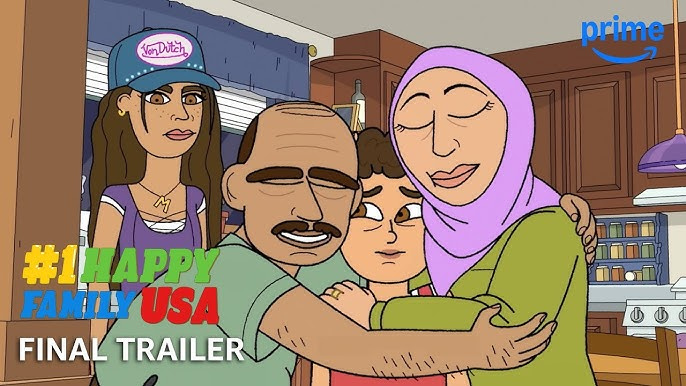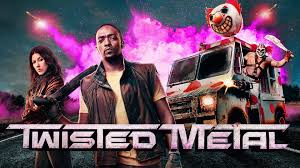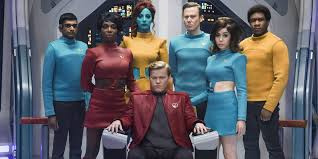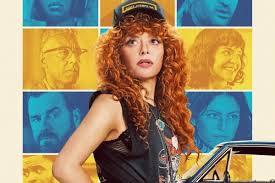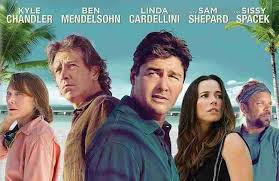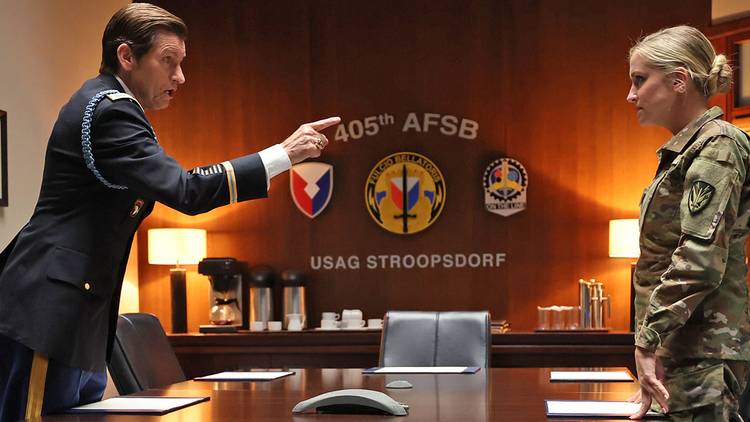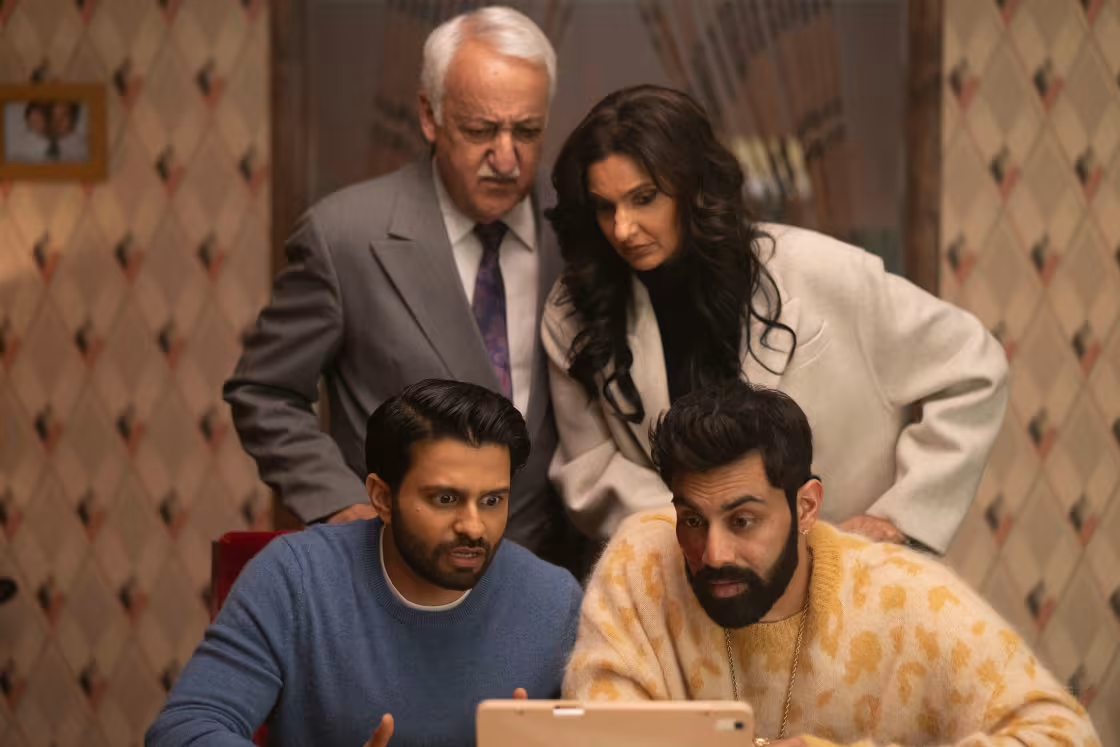Credit: Global Watch Times
Notes on The White Lotus:
1. Patrick Schwarzenegger setting himself up for cancellation
If cancel culture and sites like Jezebel and Salon held more sway in today’s culture, Schwarzenegger would have been more hesitant to take the part of single-minded douche, considering the associations of the charges against his father. For those who don’t remember, the elder Schwarzenegger faced charges of sexual harassment when he was running for governor and he’s often been associated with a debatable brand of machoism. However, it warms my heart that Arnold Schwarzenegger has grown and is often seen as a voice of reason and compassionate masculinity in the press.
2. The naming of Saxon Ratcliffe is no coincidence
Patrick Schwarzenegger’s Saxon is a character you love to hate. He reflects the state of rich republicans and it’s certainly a fitting moment that even Duke University was quick to disown the Radcliffes publicly. It seems to have a broader context? Isn’t UNC always the more populist pick in the storied March Madness rivalry whereas Duke is the most hated college in the country for non-alumni? It’s also fitting that Saxon is his name, considering the Saxons are the tribe that conquered Great Britain, so this is the purest version of European whiteness one can get. Sidenote: By far, the richest and snootiest school district in Northern Virginia where I grew up is Langley High School which is home of the Saxons.
White Lotus is advertised with a tabloid/reality-TV veneer of “Come and get an inside look at the lusty lives of the mega-wealthy.” In the case of Saxon, his single-minded sex drive is connected to his power and desire to win at life. In molding his younger brother, that’s pretty much the only value he is instills in him.

Credit: Southern Living
3. Victoria: The show’s flattest character?
As much as I can’t stand Saxon as a character, he at least serves a purpose, which makes him watchable. In fact, I count three: 1) He’s a foil to Lochte, 2) He’s amusingly awful 3) We need someone to root for to get their comeuppance.
His mom, Victoria, (coincidentally a name intrinsically linked to British history), is just too caricatured to be realistic. To not know what country she’s in, or to not realize the benefits of her daughter having an alternate path to success (having “studied as a monk in Thailand” on your resume could look really good), makes her the worst character here. Parker Posey has received tremendous praise as an underground comedy darling, but this performance is miles below that reputation she’s cultivated. There’s no nuance here: She’s just a one-dimensional snoot.

4. Sam Rockwell: Unnecessary Cameo?
Alternatively, couldn’t Sam Rockwell’s character have been cut out entirely? The bizarre exploration of his kinks appeared overly tangential to the main plot, and it must have been quite the budgetary expenditure to get an Oscar winner on board. His only functional use was to keep Jim’s wife occupied while Rick had a moment alone with him. This could certainly have been bypassed in any number of ways considering Rick did 80% of the leg work.

Credit: Screenrant
5. The season seemed to have a rather casual view of suicide.
It’s rare to see suicide treated as a viable plot point in fiction, rather than an abnormal act of desperation. I’ve had suicidal thoughts (and no, I hardly care about the social stigma of admitting it) and I’m largely socialized to see those moments as my brain not working. However, there might also be value in acknowledging that it’s a practical solution, even if we still shouldn’t do it.
It might be interesting to analyze this suicide plot thread through the various religions that are explored in the show. The Ratliffe family becomes entangled in Buddhism through this journey, so it’s worth pointing out that suicide doesn’t fall in line with Buddhist teachings if you believe in karma. If the purpose of suicide is to escape your bad fortune (the exact reason for Timothy), then suicide doesn’t end the cycle of karma.
If we jump over to the origins of the church weighing in on suicide, my cursory research shows it was originally related to the seven deadly sins. The aesthetically focused church of the Middle Ages was about refraining from over-indulgence, and suicide came from despair which was the sin. This is ironic because Victoria instills her daughter Piper in a mild sense of hedonism: It’s a sin to go even a year of your life forgoing life’s modern amenities.
6. Belinda Turns into Tanya
I’ve always felt uncomfortable blaming Tanya for anything for oh so many reasons: 1) Belinda shouldn’t be praying on guests to help them out with her big investment; 2) Tanya gave her a fat envelope of money, that should be something; 3) If you’re trying to sell investors, you have to accept that if no contract is in place, they could back out at anytime; 4) If Tanya was an investor, she woItuld have had a say in the business, so Belinda dodged a bullet anyways.
On top of that, the Belinda-Tanya relationship was unfolding alongside the overriding narrative of Black Lives Matter. This was a movement I personally viewed as warping reason and putting Black people on too high of a pedestal. Under these optics, the criticism of the day was that Tanya HAD to be in the wrong because she was a White person not going out of her way to do right by a Black person.
It was refreshing in this season to have Belinda, the ghost of Tanya, and Pornchai simply be people and not stand-ins for the color of their skin.
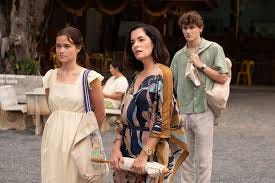
7. The Ratcliffes Face the Most Open-Ended Fate in White Lotus History
With such high stakes and intertwining fates, a few people are bound to come on top in each season. I can appreciate the show’s feel good moments, but the Ratcliffe plot ended with a “What am I supposed to feel?” moment.
Timothy, Victoria, and Saxon are about to have their world blown to bits. Then again, it’s been pointed out that white collar criminals usually get off easy in this country, so maybe not. Whether Saxon learned anything from his incest scare is up for debate, though Patrick Schwarzenegger has said he tried to imbue things with a dramatic character arc. Lochte will probably be grateful to be alive. Therefore, Piper appears to be the biggest question mark.

